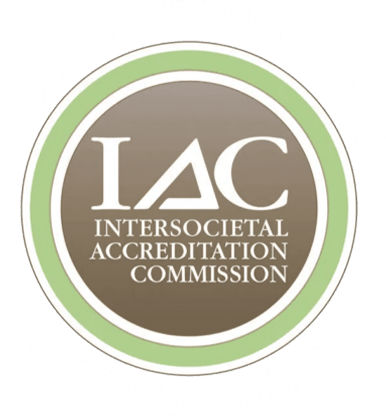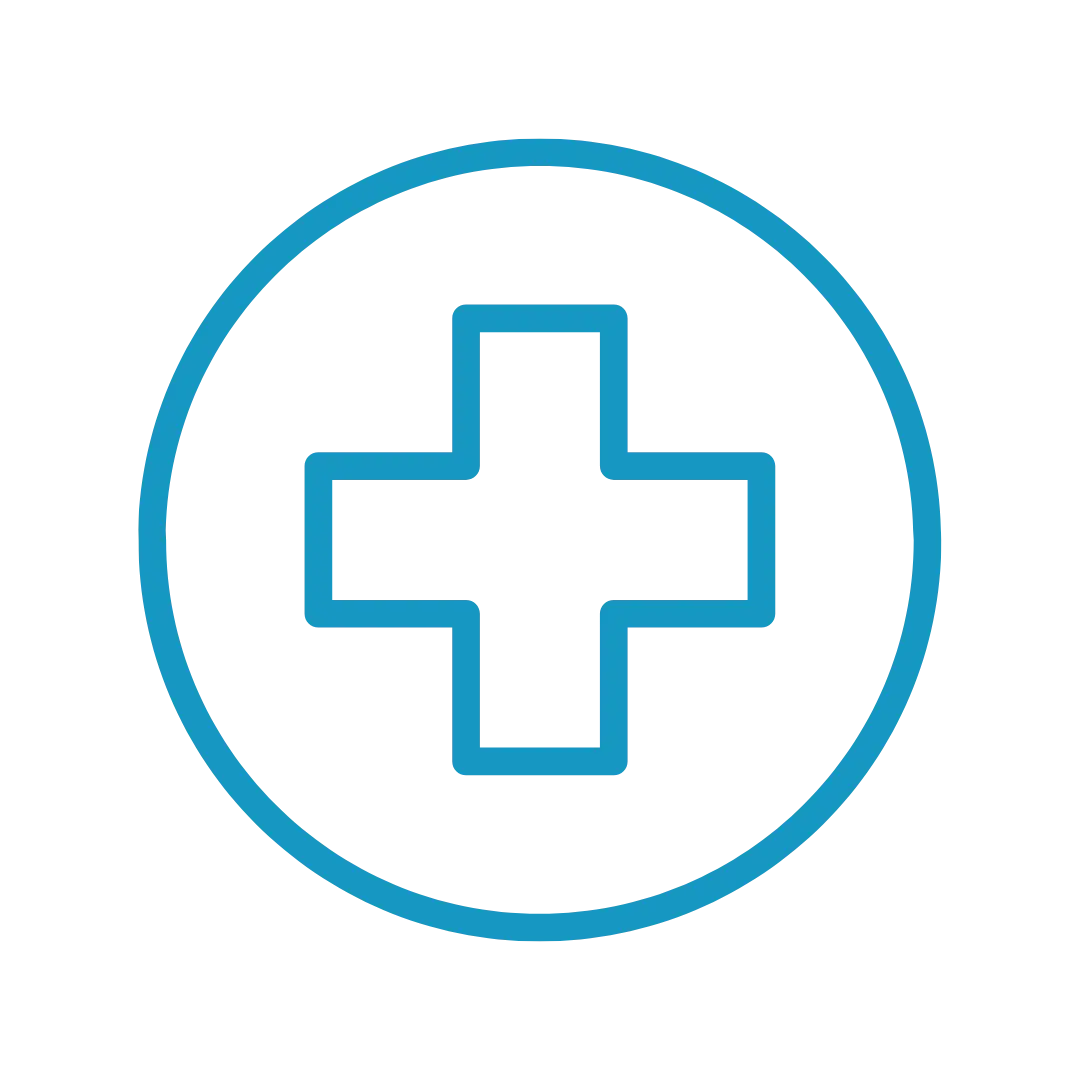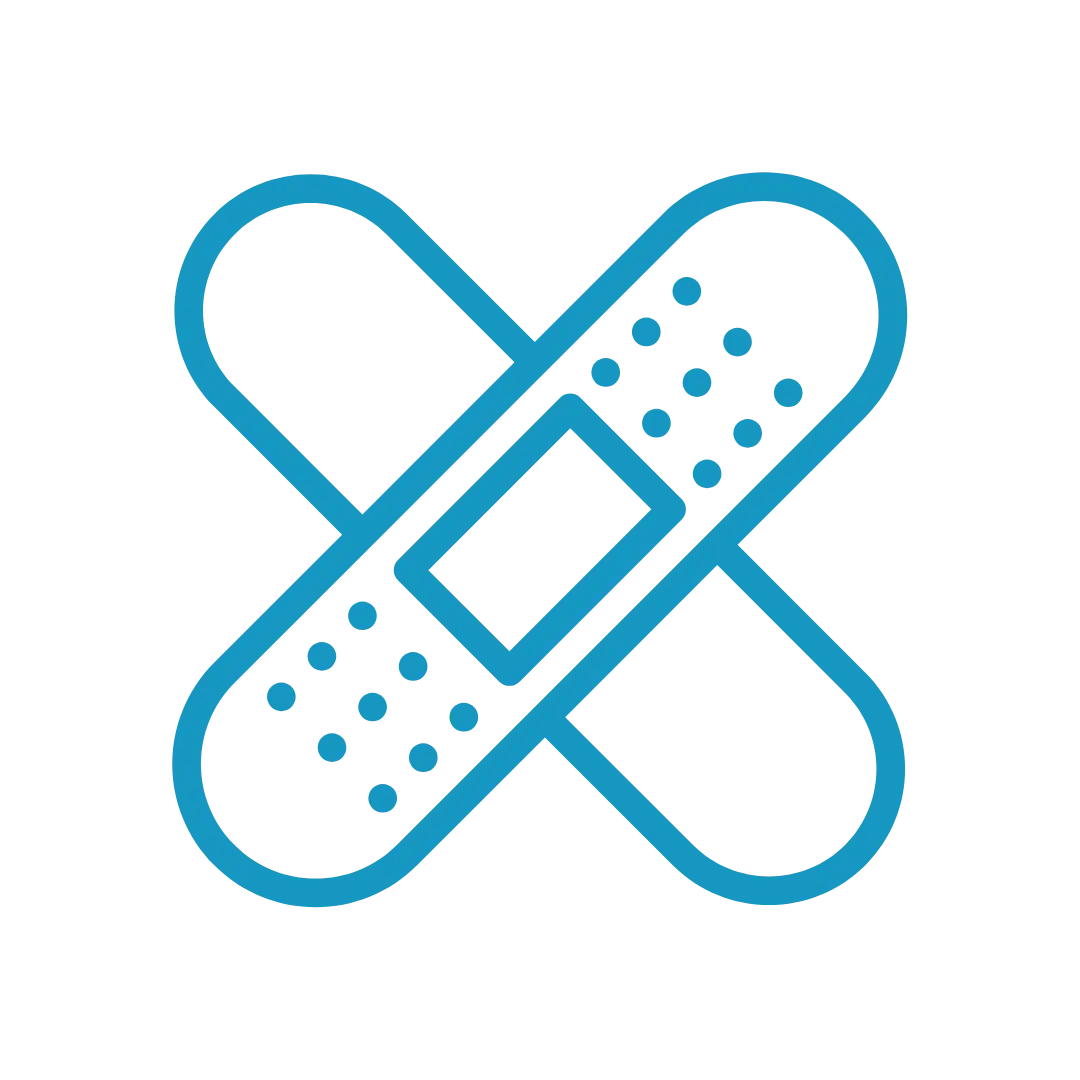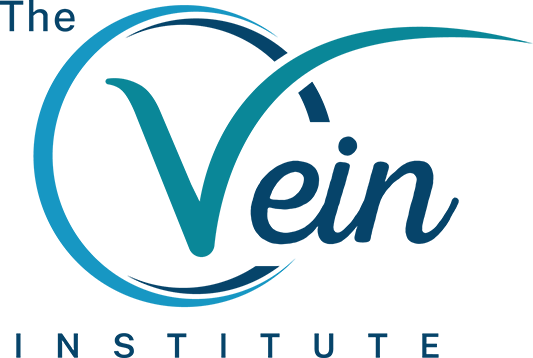Treatments
Our solutions address both medical concerns and cosmetic issues, helping you find relief from varicose veins and improve your skin’s appearance. We offer personalized treatments designed to deliver effective results with minimal disruption to your daily life.
What Our Patients Have to Say

IAC Accredited Vascular Testing
We are proud to be distinguished as an IAC Accredited Vascular Testing Facility. The Vein Institute adheres to the strictest national guidelines for vascular testing, demonstrating a commitment to the highest quality patient care.




